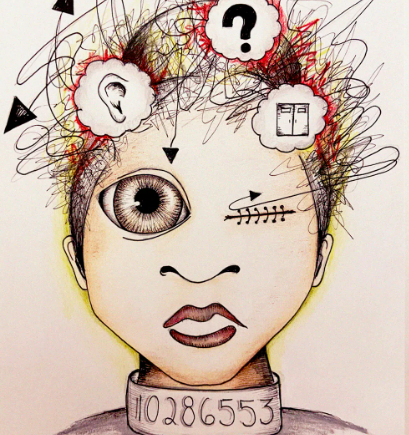What is Post-Incarceration Syndrome?
Post-Incarceration Syndrome is characterized by a range of psychological, emotional, and social difficulties that can arise as a result of being imprisoned.

For years, criminal justice advocates have recognized incarceration can lead to mental health trauma in incarcerated persons that continues after their release. In 2001, addiction specialist Terence Gorski coined the term “post-incarceration syndrome” (PICS) for this trauma, describing it as a combination of post-traumatic stress disorder, institutionalization, antisocial personality traits, social sensory deprivation and substance use.
Although the term PICS is widely used among justice reform organizations, it is not recognized by the American Psychiatric Association. Last May, US Representatives Ayanna Pressley (D-MA) and Grace Napolitano (D-CA) asked the National Institute of Mental Health to research PICS to help prevent and treat the disorder. In a letter, they wrote: “investing in the mental health of the formerly incarcerated population decreases the risk of recidivism and bolsters community safety.”
About 40% of incarcerated people have a history of mental health issues, almost double the prevalence in the general population. Although a high percentage of inmates enter prison with adverse childhood experiences, incarceration also causes trauma or worsens existing symptoms.
“I don’t want my family looking at me like I'm a broken, flawed human being because I'm still overcoming the 10-and-a-half-year sentence the DOC [Department of Corrections] gave me that left me more broken than when I came in,” said David Delvalle, formerly incarcerated for 10 years in Massachusetts. Delvalle believes people return to prison because they fear failure. “I feel like that’s the most extreme post-incarceration syndrome, where you want to revert back; that’s how scared you are that the world is going to hurt or traumatize you further,” he explained.
Dr. Craig Haney, a professor of psychology at University of California, Santa Cruz, who specializes in the psychological effects of incarceration, said returning citizens find it more difficult to reenter society than they anticipated. The social rules they learned to survive behind bars — who you can and can’t talk to, showing respect and not trusting anyone — are counterproductive in society. “Often, they [returning citizens] don't know how to act around people. They don't know when they're acting inappropriately. You really feel like there's something wrong with you, because nobody tells you you're going to encounter these problems when you get out," Haney said.
“The public needs to understand that people who go to prison are not fundamentally different from the rest of us, and it’s in our interest to reintegrate them into society,” Haney said. “Programs should include counseling … along with concrete assistance in finding employment and housing.”
To read more about Post-Incarceration Syndrome, including symptoms, causes, impact, prevention and available resources, visit the National Incarceration Association's Definitive Guide on Post-Incarceration Syndrome. The National Incarceration Association works to help families navigate the journey of incarceration with positive outcomes, and to push innovations throughout justice systems to correct, rehabilitate, cure and restore, for greater public safety for all.










